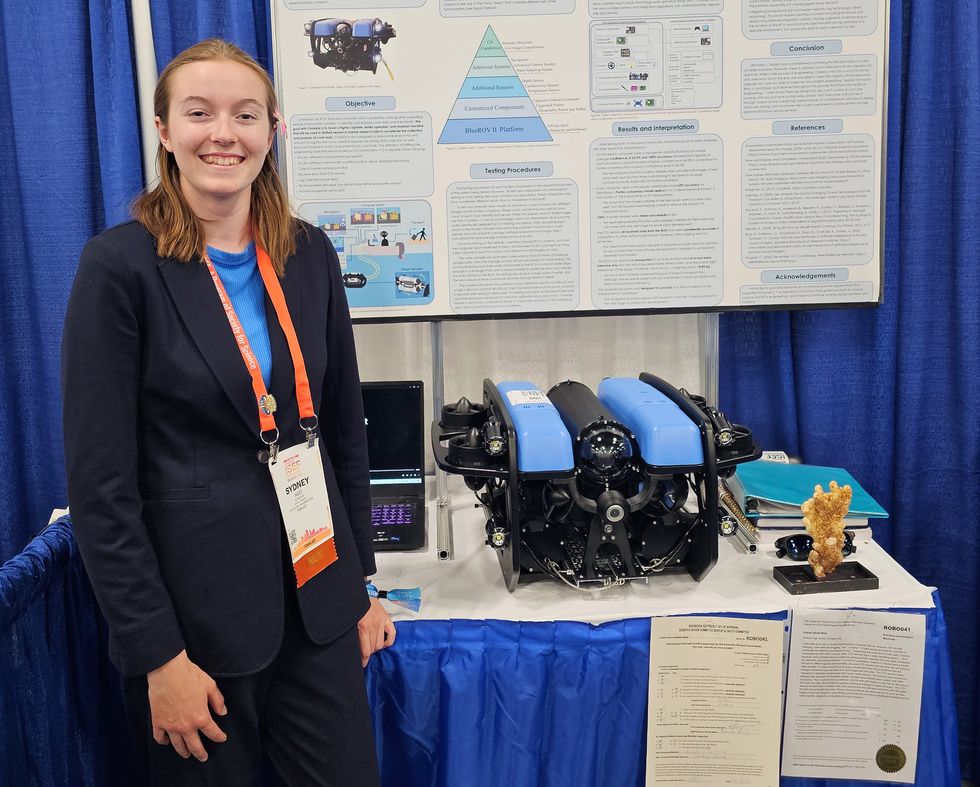Now Reading: Is Computing Headed for a Slimmer Future?
-
01
Is Computing Headed for a Slimmer Future?
Is Computing Headed for a Slimmer Future?

Quick summary
- Todd Austin’s LEAN Metric: Todd Austin,a computer engineering professor from the University of Michigan,introduced the “LEAN” metric-Logic Executing Actual Numbers-to measure processor efficiency.
- Purpose of LEAN Metric: it evaluates how much silicon in a processor is devoted to actual computing versus other tasks like scheduling instructions.
- Findings on Processor Efficiency: High-end GPUs like Nvidia Blackwell devote only 4.64% to efficient computing, while Intel CPUs allocate just 1.35%.Groq’s AI inference chip scores better at 15.24%.
- Losses in Computing Efficiency:
– Precision Loss: Using more bits than necessary for calculations (e.g., GPUs evolving from 32-bit precision down to smaller formats).
– speculation Loss: Inefficiency stemming from speculative execution, with two-thirds of speculative instructions often discarded as incorrect predictions.
- Implications for Computer Design: With the nearing end of moore’s Law, future advancements might rely on rearchitecting transistors into leaner designs that prioritize efficiency and scalability.
Indian Opinion Analysis
The introduction of Todd Austin’s LEAN metric highlights an inherent inefficiency in modern computing architectures-an issue particularly meaningful given global demand for faster computation amidst constraints posed by Moore’s Law ending.The evolution toward leaner designs could potentially influence industries reliant on high-performance processors such as AI development and data processing.
For India-a hub for IT services and engineering talent-the implications are noteworthy. Any breakthroughs in chip architecture may affect domestic industries dependent on advanced computational tools or spark opportunities to develop locally optimized chip technologies that align with global trends toward energy-efficient and compact designs.
Strengthening local expertise in semiconductor design could position India competitively within this transitioning landscape, especially considering ongoing government initiatives promoting electronics manufacturing and R&D investment growth under schemes like “Make in india.”

























